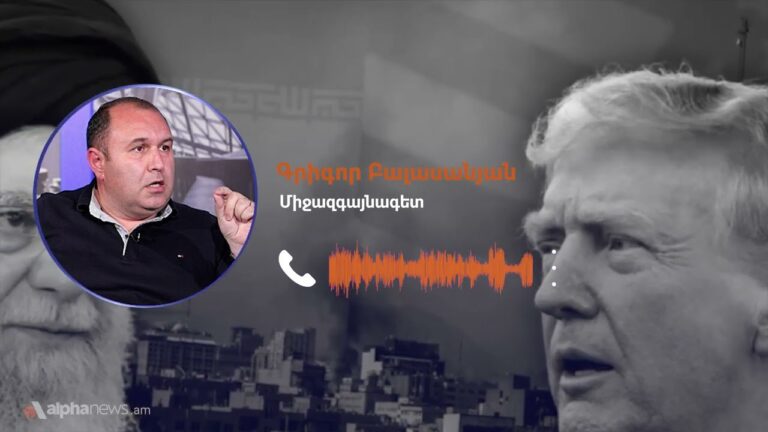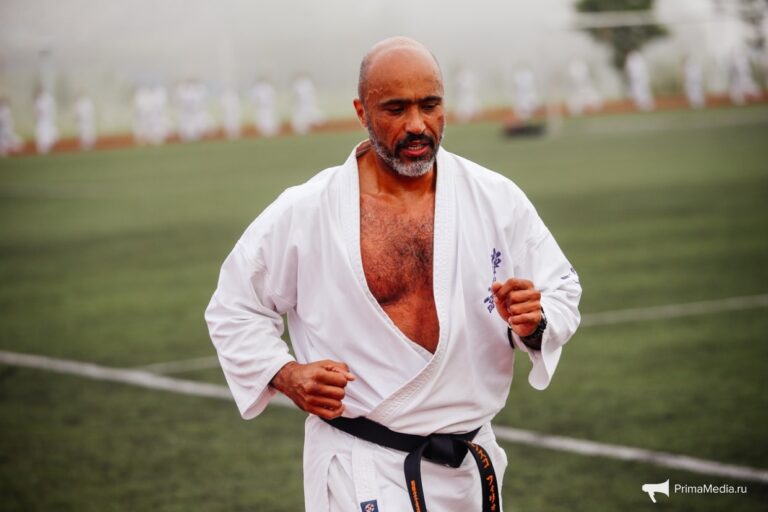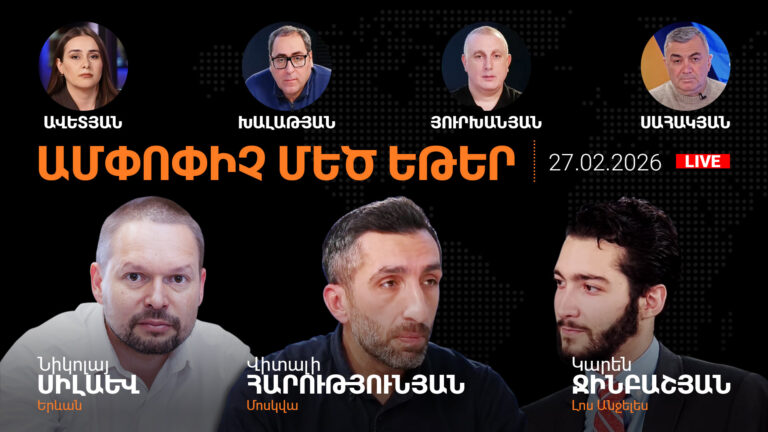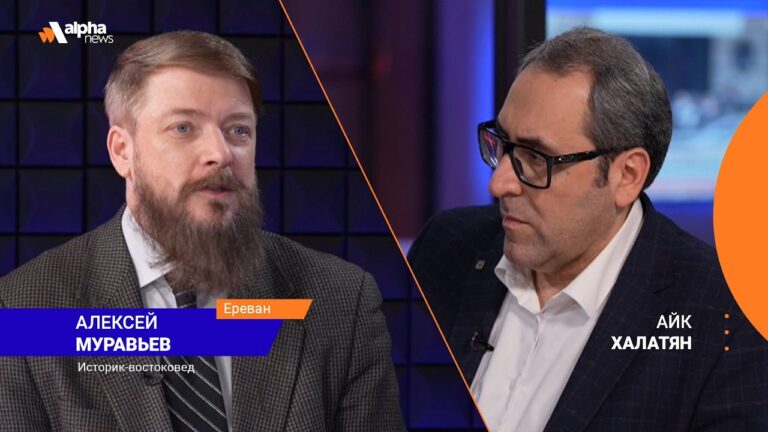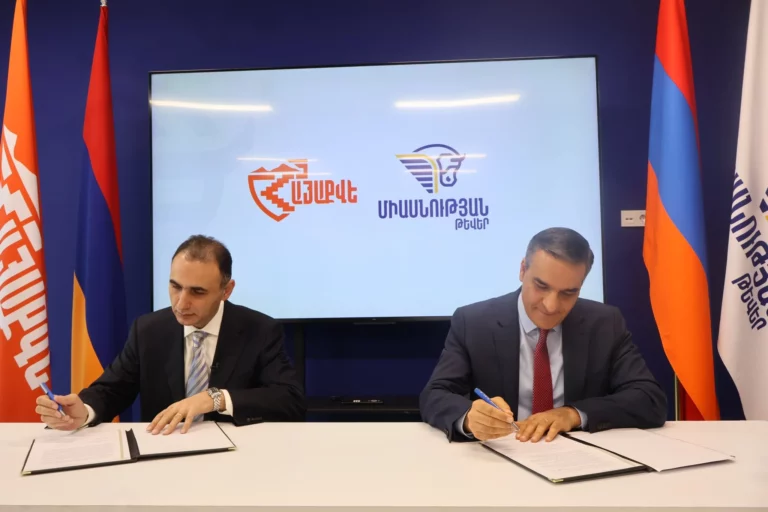Architect of the Russian-Turkish-Iranian Alliance against Armenia
November 08 2023, 23:00
As previously reported, the Secretary of the Security Council of Armenia, Armen Grigoryan, refused to participate in the Moscow meeting of the secretaries of the Security Councils of the CIS member states. Instead, Grigoryan received Louis Bono, the Senior Adviser for Caucasus Negotiations and the US co-chair of the OSCE Minsk Group, in Yerevan. It is difficult to imagine a more open expression of real foreign policy priorities.
As for the CIS event, in the absence of Grigoryan, who was replaced by Ambassador Vagharshak Harutyunyan, a number of important statements were made regarding both Armenian-Azerbaijani relations and the security architecture of the region as a whole.
Thus, the Secretary of the Security Council of Russia, Nikolai Patrushev, said that the West aggravates the situation in the South Caucasus.
“Normalization between Armenia and Azerbaijan is possible only when extra-regional forces stop interfering in the conflict. The steps of the West are only aggravating the situation. Practice shows that normalization is possible only when extra-regional forces do not interfere. The actions of Western countries provoke the aggravation of the situation in the region and contribute to contradictions in it,” Patrushev said.
Patrushev’s statements are largely similar to what senior officials in both Turkiye and Iran said earlier. Of the latest examples, we can recall the statement of the head of the Iranian General Staff, Mohammad Bagheri, who in October, commenting on the Armenia-US joint exercises, said that non-regional actors are increasing instability.
“Peace and tranquility in the region will benefit all countries. The security of the region must be ensured by the countries within the region. The presence of extra-regional forces contradicts peace,” he said.
If we put aside geopolitical preferences and try to take an objective look at the situation, or at least look at the map objectively, then we can see that it is impossible to resolve issues in the South Caucasus by involving the West in regional processes.
World experience shows that non-regional actors enter regions through small countries like ours, but this happens primarily because a particular non-regional player has its own geopolitical interests and mechanisms for protecting these interests, and if there is no resistance from regional players. In the case of the South Caucasus, the United States has been trying to “enter the region” through Georgia for a long time, and now Armenia is trying to perform this function. However, the whole paradox is that there is virtually no Western influence in our region, both in terms of politics, economy, energy, and communications. Moreover, in our case, we are dealing with a situation where three major countries of this region—Russia, Iran, and Turkiye—are united around preventing the penetration of “third forces” into the area of influence. And whoever tries to bring the United States to the region becomes a target for a strike by Russia, Turkiye, and Iran. This is a political axiom.
Pro-government propaganda often frightens the public with the existence of some mythical “Russian-Turkish alliance against Armenia”, whereas the reality is that Nikol Pashinyan himself contributes to the creation of a Russian-Turkish-Iranian alliance against Armenia because of his policy. Nikol Pashinyan is almost an architect of this union.
Of course, the Western negotiation platform could not have taken place without the “active participation” of Baku and Ilham Aliyev personally, but Baku’s recent refusals to sign any agreements in the West demonstrate that Azerbaijan does not want to become the target of criticism and specific actions from Moscow, Tehran, and even Ankara.
The reality is that the purposeful steps of the Armenian authorities aimed at worsening and sabotaging relations with Russia will lead to even greater rapprochement between Russia and Azerbaijan, Russia and Turkiye, and Turkiye and Iran, with all this “friendship” being against Armenia. By boycotting events within the CIS or CSTO and refusing military and technical assistance from the CSTO, Armenia gives Azerbaijan an opportunity to negotiate with Russia “behind its back”.
There is no doubt that Armenia in its current situation should not be guided by such notions as “pro-Russian”, “pro-Western” or “pro-Turkish”, since politics is a rational phenomenon and one should always assess the existing realities and build and adjust one’s policy based on these realities. Those actors who do not do this always suffer irreparable damage. This is also a political axiom.
Those who reject complimentary policy and who do not take into account geopolitical and geographical realities are dealt severe blows. There is only rational policy. There is reality, which should be competently assessed.
Armenia’s current interest is the preservation of statehood. And to preserve statehood, one should at least start by looking around and trying to make the mental map existing in the heads of some politicians coincide with the actual geographical map.

